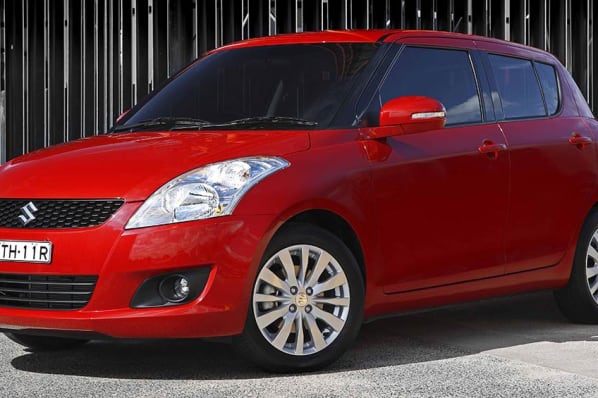Suzuki Swift 2011 Problems
No car is perfect, but we've gathered everything relating to the Suzuki Swift 2011 reliability here to help you decide if it's a smart buy.
- Engine
- Recall
- Transmission
- 2023
- 2021
- 2020
- 2019
- 2018
- 2016
- 2015
- 2014
- 2013
- 2012
- 2011
- 2010
- 2009
- 2008
- 2007
- 2006
- 2005
- 2000
- 1999
- 1998
- 1997
- 1996
- 1995
- 1994
- 1993
- 1992
- 1991
- 1990
- 1989
My 2011 Suzuki Swift engine is hesitating
Replacing random parts to fix a problem is a great way to tear up dollars and time. It’s also pretty frustrating when the problem doesn’t go away. The first thing to do is to have the car electronically scanned to see if the car’s own computer can point you towards the cause of the problem.
It may be as simple as the car needs a tune up and a new set of spark plugs, but you won’t know until it’s been properly diagnosed. This is not a complex car, so any good workshop should be able to sort it for you. The other problem, of course, is that the issue is intermittent, so it may take the workshop some time to be able to make the problem appear. Patience is the key here, not throwing a load of new parts at it.
Best first car options?
Do not buy a Cruze, or buy a European brand. They will prove costly. It's best to go for the cars that are well proven over many years. The Lancer is a good one, but so too is the Toyota Yaris or Corolla, Suzuki Swift, Mazda2 or 3, or Mitsubishi Colt.
Suzuki Swift and Mazda 6: Best oil to use
The most likely explanation for the dealers using the 10w-30 low viscosity oil is that they have a deal with an oil company to use it. It’s more likely to be based on a commercial arrangement than anything else. Use the oil specified in the manuals and you won’t go wrong. And Mazda does approve the use of E10 in your car, so I would be inclined to use it.





